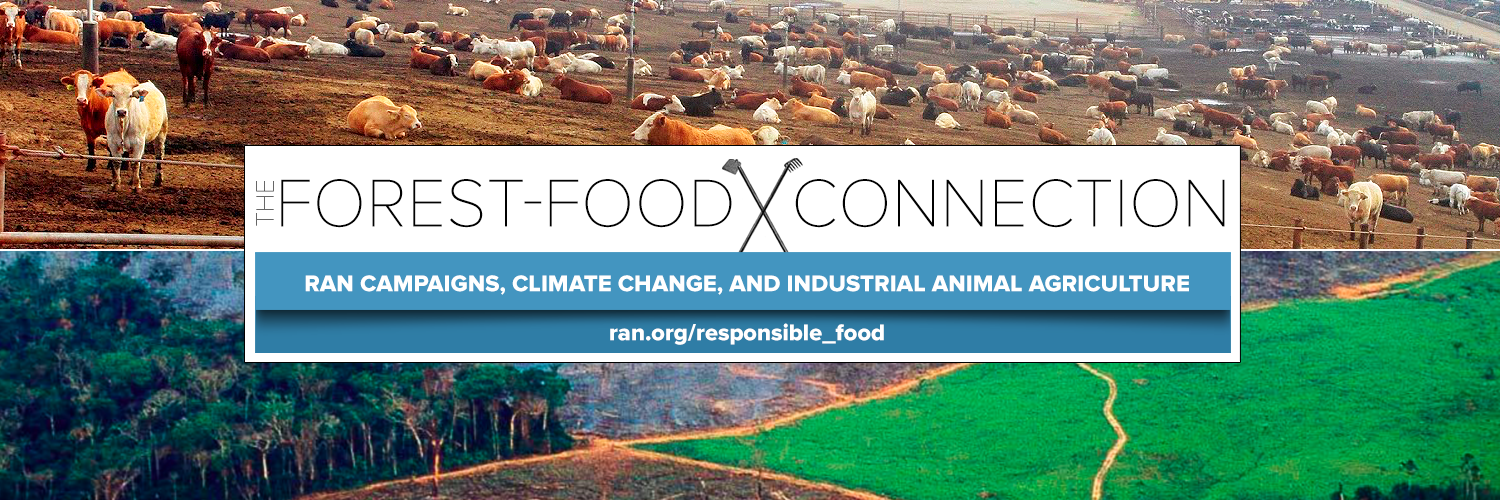Sustainability, equity and food sovereignty can be achieved in a system where safe and healthy food is grown to meet fundamental human needs, and where control over food and farming rests with local communities, rather than a handful of consolidated agribusiness giants.[149] Economic, social, and environmental externalities should be built into the price of animal products by selective taxing of and/or fees for resource use, inputs, and wastes.[150]
National Geographic’s #FutureofFood launch video argues that even though the world’s population will likely increase 35 percent by 2050, the solution is not necessarily growing more food.[151] Instead National Geographic recommends a powerful 5 point plan:
1) Stop cutting down forests for agribusiness (according to the Climate Land Use Alliance, commercial agriculture drives 71% of tropical rainforest destruction)[152]
2) Grow more on the farmland that already exists
3) Use resources more efficiently
4) Transition to plant-based diets since meat-intensive diets are not only bad for the environment but feed the demand for cruel industrial animal production
5) Reduce food waste
Less and Better Meat? Yes. However, Sustainable Meat is not the Silver Bullet
Just about everyone who advocates for sustainable meat eventually admits that it’s not sustainable at the current level of consumption. The basics: In the US alone, 10 billion land animals are raised for food and about 99% of them are in factory farms.[153] There’s simply not enough room to meet current, let alone projected, consumption levels with “sustainable” meat. Grass-fed beef can produce 60-70% more emissions and can require almost 80% more land.[154]“Grass fed” is not the answer to factory farming––in terms of not available resources and health.[155]
Not all food is created equal. In the meat sector, beef and pork (with giant manure lagoons and spills) seem to be worse than poultry in terms of environmental consequences. However, as with beef and pork, the the poultry industry also encompasses a host of other problems related to health, animal welfare abuse, labor and worker rights. The best way forward? Consider the benefits of a plan(e)t-centered diet – for your health and the health of the planet––and take action with RAN to demand systemic changes to fix our broken food system.
[151] http://video.nationalgeographic.com/video/141016-world-food-day-ngfood?source=food
[152] http://www.climateandlandusealliance.org/uploads/PDFs/Global_Commodities_Graphic_1.pdf
[153] Original source from Farm Forward (https://farmforward.com/), based on USDA slaughter numbers
[155] http://pcrm.org/health/medNews/organic-meat-not-safer-than-nonorganic-options
